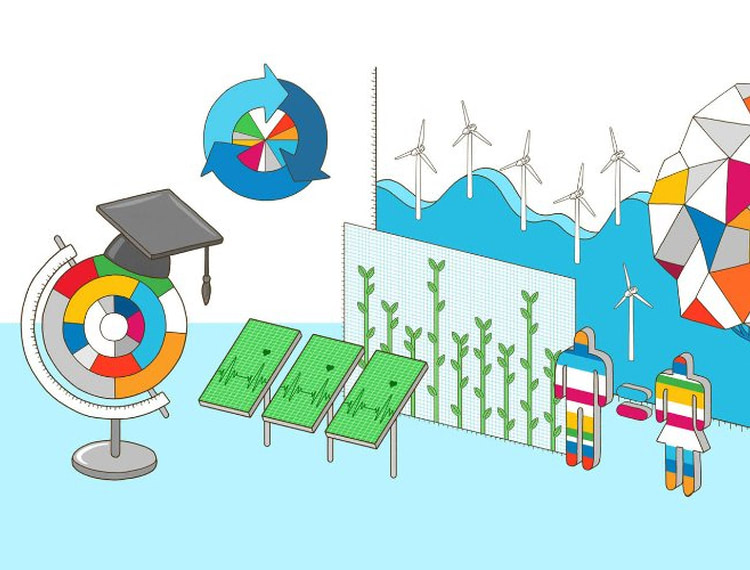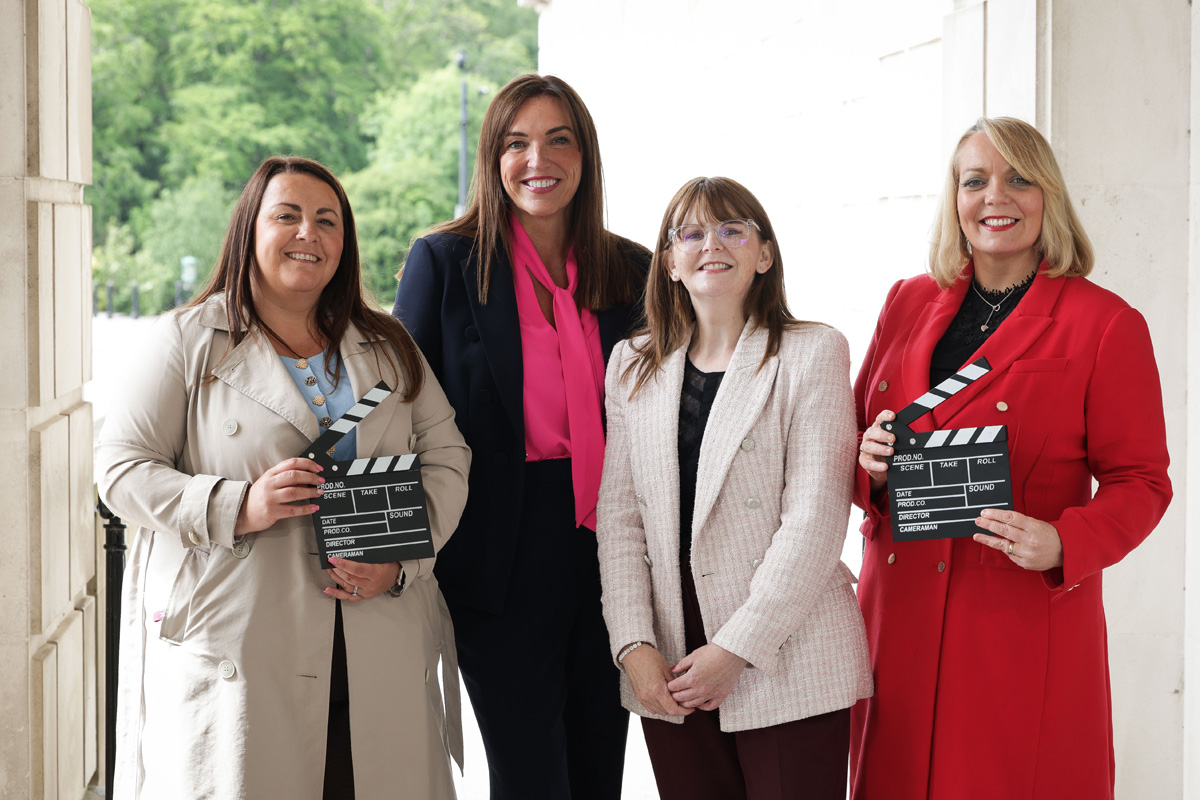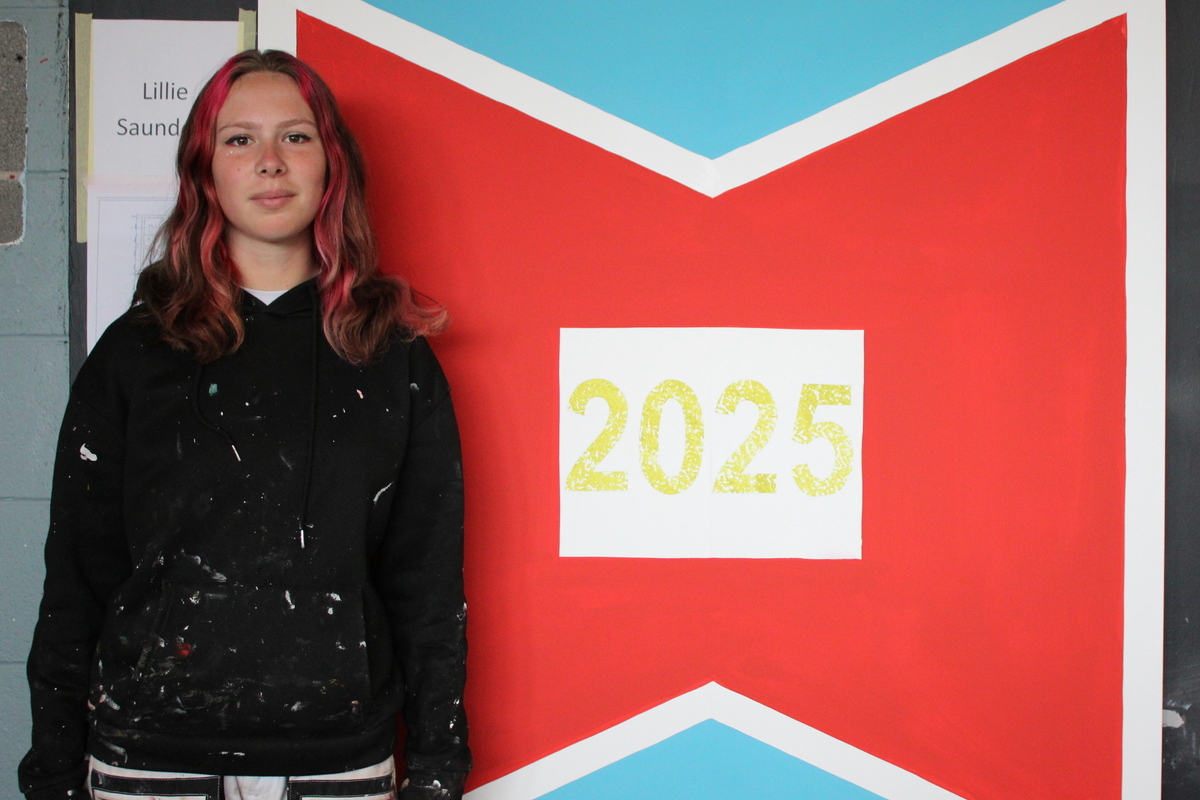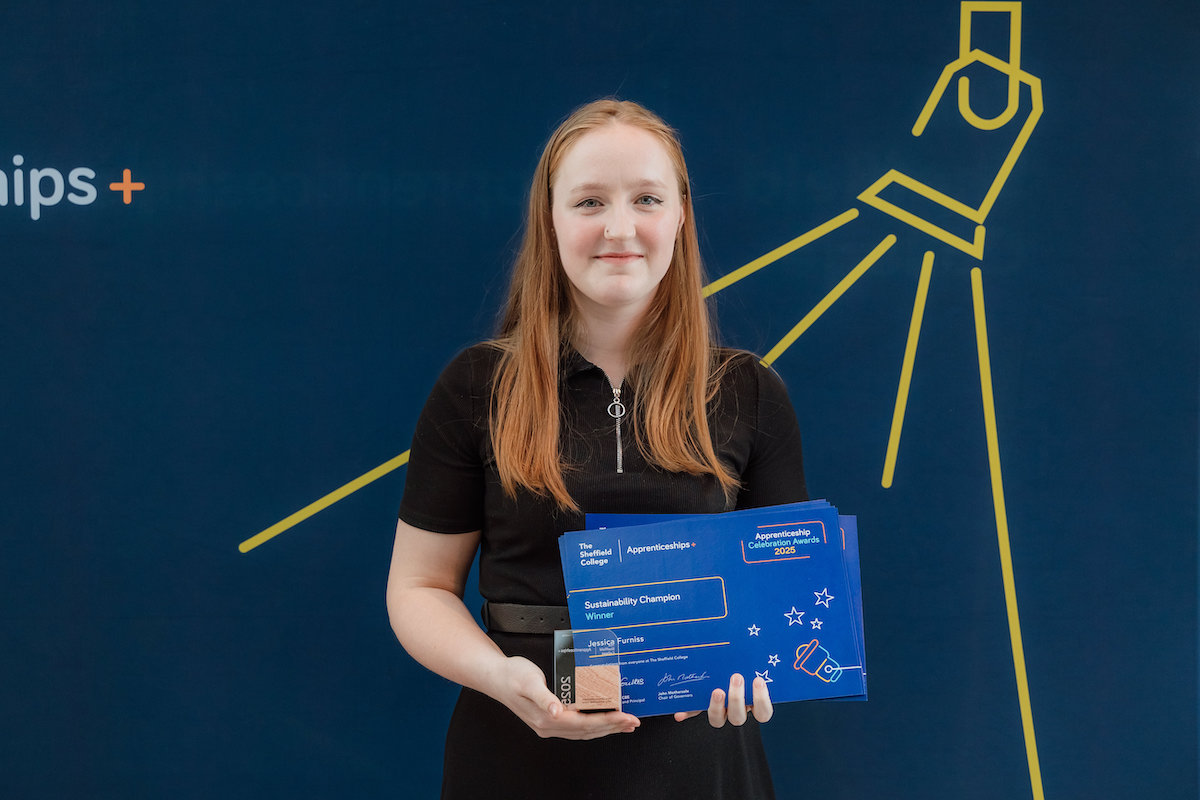Sustainability research suffers from gender blindness says new report

Landmark #SDG analysis by @ElsevierConnect maps research data as @UN Sustainable Development Goals reach fifth anniversary
In 2015, the United Nations Sustainable Development Goals (SDGs) set an ambitious target to achieve a sustainable and fair future for our planet by 2030. With 10 years left to achieve the goals, the global research community continues to be the backbone of this grand challenge with its commitment to finding evidence-based answers for advancing global health and wellbeing, poverty reduction, and life expectancy. Research leads the way to change.
Elsevier, the global information analytics company and academic publisher specializing in science and health, today (23 Sept) published a landmark report on The Power of Research to Advance the SDGs to strengthen the understanding of the global SDG-efforts.
Elsevier is committed to sharing its insights in content, data, and analytics to help achieve the 2030 goals. The report The Power of Data to Advance the SDGs shows that over the last five years, SDG-related publications have reached a staggering 4.1 million articles. This presents both opportunities and challenges for the global research, health, and public policy communities.
To help them navigate this body of data so that important decisions can be made based on the rich scientific knowledge, the report maps the latest sustainability research and initiatives within each SDG area with unique, easy-to-digest data, and expert insights. The report takes a comprehensive approach to assess the progress made and identify unmet research needs as well as opportunities for concrete action.
The report highlights the limitations of data and research around the SDGs. It demonstrates a correlation between the areas of intensive research, higher levels of public discourse, and the shortcomings of the siloed nature of the research that has been conducted to date. For example, using the new SciVal matching tool methodology, the report highlights unprecedented research from Elsevier’s International Center for the Study of Research, which assesses the first 16 SDGs, revealing a stark absence of sex and gender analysis across all the SDGs research.
Dr. Elizabeth Pollitzer, Director of Portia, founder of the Gender Summits, and member of Elsevier’s Inclusion & Diversity Board, stresses:
“SDG and sustainability research today suffers from gender blindness, and unless this changes, the implementation of SDGs will not achieve the successes it could. All SDGs would benefit from applying a gender perspective when planning implementation strategies for the next 10 years to ensure that the outcomes benefit everyone equally.”
Kumsal Bayazit, CEO of Elsevier, said:
“The Coronavirus pandemic has shown the critical role science plays in society. We are deeply committed to contributing to this critical global effort, both through actions within our organization and through our unique strengths in quality information, data and analytical tools to help all stakeholders in research, healthcare and public policy make the UN SDGs a reality. I would like to call upon these communities to explore the findings of our SDG report so that, together, we can evolve our understanding of the science and concrete actions needed to advance these mission-critical goals.”
With the help of the new SciVal matching tool methodology, the report highlights gaps in the knowledge base, helping to inform on decisions about future lines of investigation. The research findings are accompanied with research and NGO expert insights in 4 focus areas: Gender, Health, Reducing Inequalities and Climate. The experts take a deep look into what has been achieved thus far on these SDGs and what is still missing to achieve real progress on them.
Full methodology documentation of the SDG search queries that informed these projects is freely accessible on Mendeley Data. With the report, Elsevier aims to encourage the research community to make use of these datasets to create their own SDG analytics projects, taking advantage of the full range of Scopus and SciVal features.












Responses